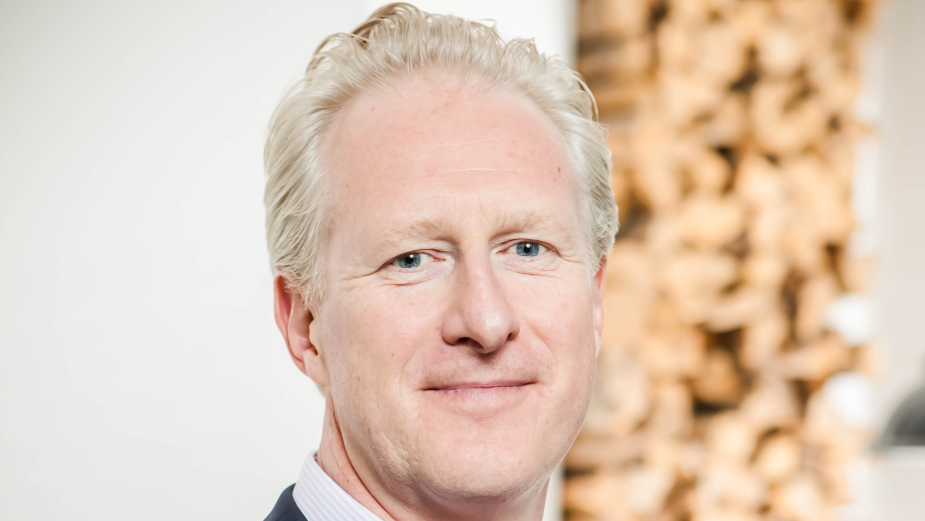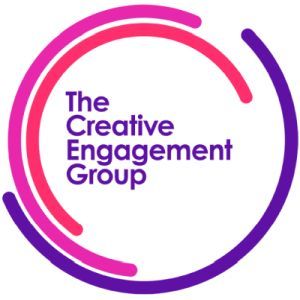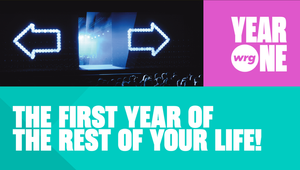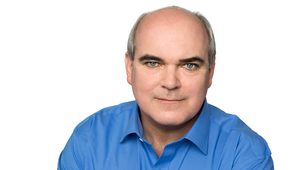
How to Adopt a Paradox Mindset

There’s little to laugh about these days, but back in 2017 the world collectively collapsed with glee when South Korea expert Robert E Kelly had an unexpected visitor (or three of them) during a live interview with BBC World News. With comic timing so exquisite you couldn’t have choreographed it any better, first his toddler daughter Marion strolled into his office like a particularly bullish CEO, before her baby brother James trundled up in a babywalker, swiftly followed by Kelly’s frantic wife on her hands and knees.
Well, now we’re all Robert E Kelly. The Corona crisis has catapulted millions of us into a strange new universe: one in which dogs bark like crazy during important meetings, couriers repeatedly ring the doorbell during briefings, and small children who’d otherwise be in nursery and school run throw themselves around ersatz boardrooms like Tarzan. Yes, the old boundaries have gone (for the better). This is the world we live in now, where home and work (and homework) collide; where resources are scarce, but we still need to thrive; where we have to be comfortable with discomfort, and consistently accept inconsistencies. These competing demands are not going to go away.
This mindset is not simply something to be applied to the challenges of WFH – it is critical to enabling a business to emerge strongly from this health and economic crisis.
It’s true that managing a business through the current crisis is no easy task whatever sector your business operates in. For my business, it has required taking into account the shifting sands of a number of complex factors: our current economics, the changing nature of the workplace, the pronounced shift to virtual engagement, the growth of the strategic and consulting areas of our businesses, and taking a view of how to seize the opportunities that may come our way in 2021. This has involved completing two acquisitions during lockdown. Each of these decisions has profound ramifications in terms of protecting as many jobs as we can, delivering against what our clients need, and ensuring our business is set up for continued growth.
So, in this time of tremendous challenge, we need to evolve a different way of working. Speaking recently with our team at The Creative Engagement Group, I spoke about the challenge of “managing the paradox” – for example. the need to selectively manage costs yet to continue, paradoxically, to invest in the future. At the outset of the pandemic, the focus was on best business practice in recessions. That is, reducing costs selectively – yet investing relatively comprehensively for the future. And while that’s tricky, companies that do this are proven to emerge from recessions more strongly.
Life isn’t, or needn’t be, an “either/or” or zero sum game. Instead, the paradox mindset accommodates a “both/and” approach. As Ella Miron-Spektor, INSEAD Associate Professor of Organisational Behaviour, told Insead Knowledge, “The paradox mindset suggests an alternative perspective, accepting and learning to live with the tensions associated with competing demands. It is an understanding that these competing demands are not really resolvable, in the sense that they can’t be completely eliminated.”
For example, a paradox mindset balances work and family and integrates these two spheres. In her co-written paper “Micro-foundations of Organizational Paradox: The Problem Is How We Think About the Problem”, for the Academy of Management Journal, she records that, based on test finding, tensions arise from limited time and funding – but the tensions in and of themselves are not the problem. Rather, the mindset is. Struggling to marry two demands creates a constant struggle. However, accepting that we need both in order to thrive helps free us up mentally, and boosts innovation, creativity and performance.
In other words, on an industry scale, it’s worth remembering our current issues and frustrations are caused by a pandemic – not by the quality of our work. At our best, we continue to demonstrate our expertise in helping our clients to embrace both the current reality and the future. By being agile and making smart choices with investments in virtual engagement, employee engagement, scientific engagement, and digital learning, we can unlock significant opportunity and growth to help us mitigate some of the loss of In Real Life event income.
So how do we adopt a paradox mindset? It’s easy to say and harder to do. But put simply, it is by altering our attitudes, and appreciating that two seemingly opposite goals are mutually reinforcing. By understanding that these tensions occur naturally, and accepting these inconsistencies. By focusing not on one or the other, but creatively exploring the possibilities of both. So the question becomes less, “How can I work under these circumstances” and more “What new possibilities does this situation offer?”
So, at a time when we need to make selective savings, yes we will also, paradoxically, continue to support and invest in the future growth areas of our business and marketing to help make us future fit and protect ourselves in the long run.
A paradox mindset doesn’t ignore the fact that tensions will need to be managed long-term under the current economic environment. To quote Judy Garland, “We're not in Kansas anymore”. However, while the pandemic has changed the landscape, so too must we embrace the paradoxes to better face the challenges ahead.
Russ Lidstone is group CEO of The Creative Engagement Group










